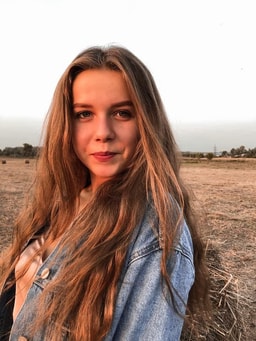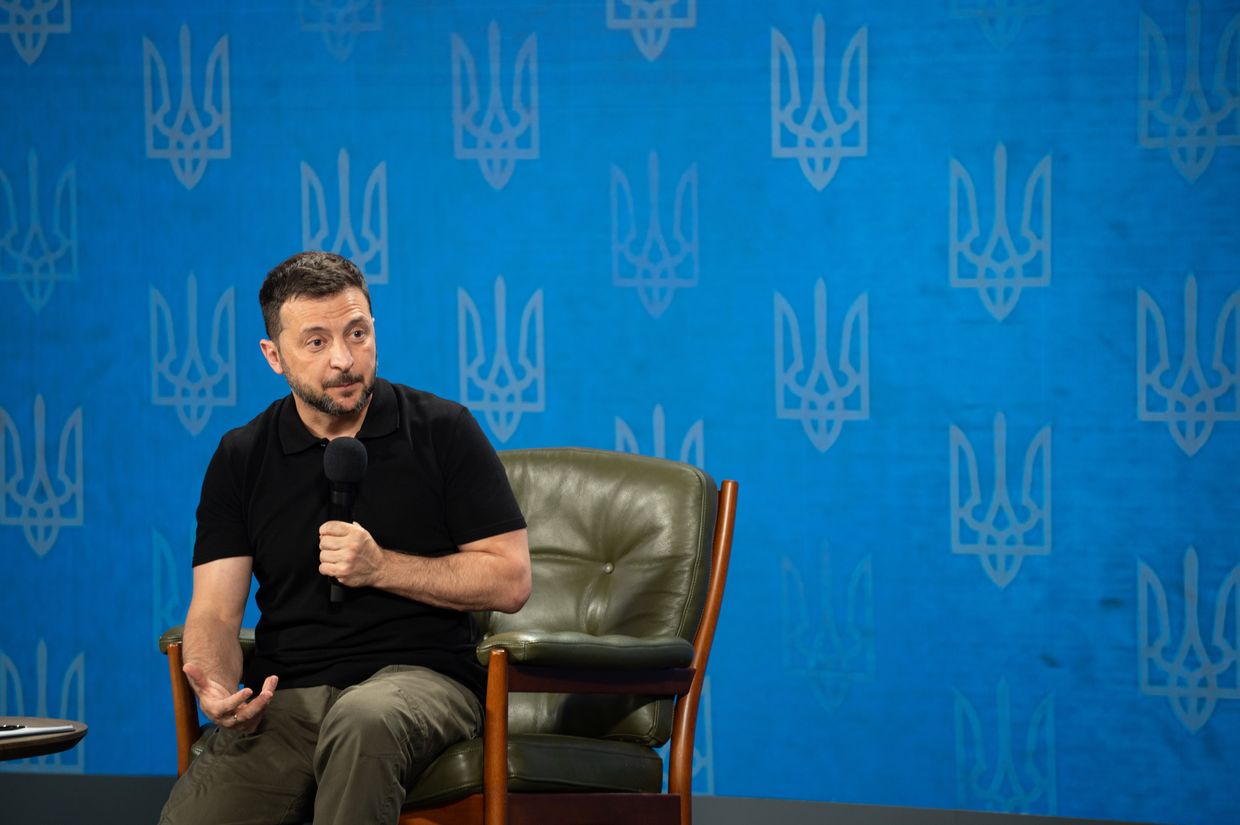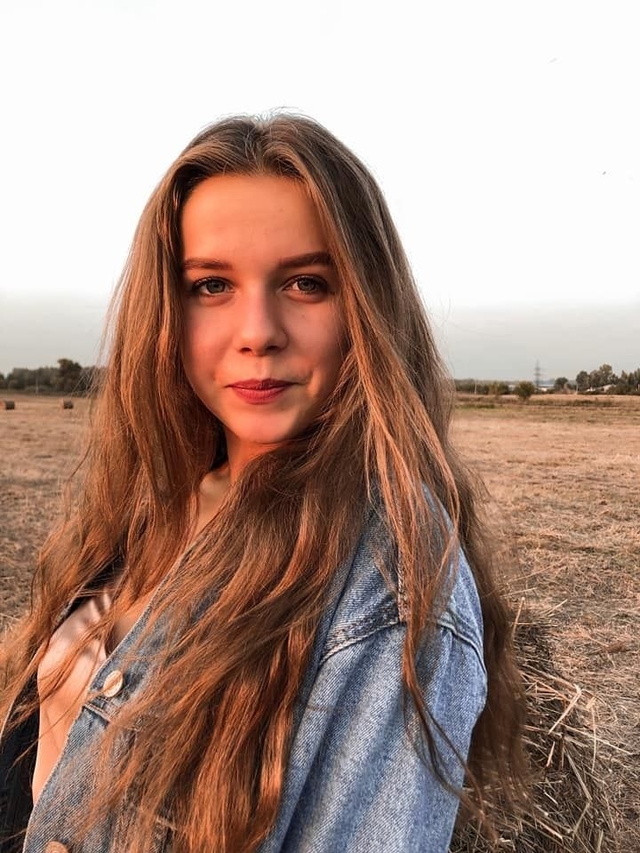IAEA chief warns about safety risks after visiting Kursk nuclear power plant

International Atomic Energy Agency chief Rafael Grossi, warned about the risks associated with the Kursk nuclear power plant during Ukraine’s ongoing incursion into Russia’s Kursk Oblast during his visit to the facility on Aug. 27.
The IAEA head, who recently completed a visit of the plant claimed that he was informed about drone activity near the plant.
“I was informed about the impact of drones. I was shown some remnants of those and signs of the impact they had,” he said at at a press conference, which was reported on by Russian media.
For now, the facility was "operating in very close to normal conditions," Grossi added, though noting that this only increased the risk of an accident.
“When a plant is operating," he said, "the temperature is much higher, and if there was a case of impact or something that could affect it, there would be serious consequences.”
The Kursk nuclear power plant's two functional reactors are of the RBMK type, meaning they does not have the containment dome and protective structure typical for modern nuclear power plants.
Ukraine's Chornobyl nuclear power plant, the site of the worst nuclear disaster in history in 1986, had the same reactor type.
“This means that the core of the reactor containing nuclear material is protected just by a regular roof. This makes it extremely exposed,” said Grossi.
Although Grossi emphasized that comparing the situation at the Kursk power plant to what happened in Chornobyl would be an exaggeration, he calls to take the risks associated with nuclear safety very seriously.
"A nuclear power plant of this type so close to a point of contact or military front is an extremely serious fact," he said. "The fact we have military activity a few kilometers, a few miles away from here, makes it an immediate point of attention."
Following his visit to the Kursk plant, Grossi will go to Kyiv, where he is scheduled to meet with President Volodymyr Zelensky.
The visit of the IAEA chief to the Kursk nuclear power plant follows allegations from Russian President Vladimir Putin and other officials that Ukraine has tried — or intends to try — to attack the plant amid the ongoing Ukrainian incursion in the area. Kyiv has denied the allegations.
Russia has also claimed, without providing evidence, that Ukrainian forces plan to strike the Russian-occupied Zaporizhzhia Nuclear Power Plant in Ukraine.
The Zaporizhzhia plant, Europe's largest nuclear power plant, has been under Russian occupation since March 2022. Kyiv has repeatedly accused Russia of using the plant for nuclear blackmail and endangering its safety.
Kyiv said on Aug. 11 that Russian forces set fire to "a large number of automobile tires in cooling towers" at the nuclear plant in an effort to "create panic in the settlements on the right bank of the former reservoir."














